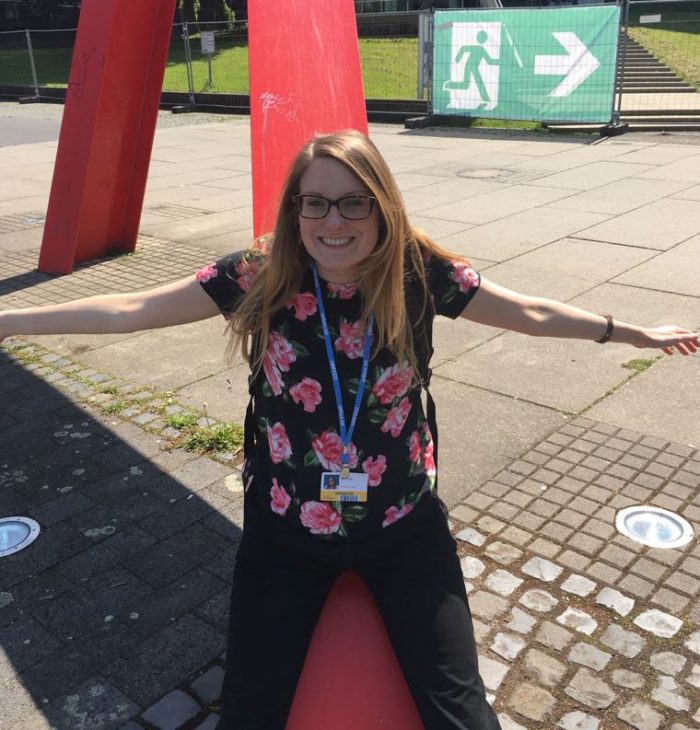Roll up, role up … Re-defining the role of non-governmental actors in the intergovernmental climate change negotiation process
The UNFCCC climate change circus – aka the United Nations Framework Convention on Climate Change (UNFCCC) intersessional negotiations – has just rolled out of Bonn in Germany and, over the last two weeks (8-18 May), non-governmental actors have taken centre stage as their access to and role in the climate negotiations has come under the spotlight.
The role of non-governmental organisations and individual representatives, often referred to as non-governmental “actors” (not in the theatrical sense) has been repeatedly discussed and developed over two decades of negotiations. Over time, nine civil society constituencies have gained formal recognition and increased participatory rights in the United Nations Framework Convention on Climate Change (UNFCCC), while numbers attending the climate negotiations as “observers” have soared into the tens of thousands.
The 2015 Paris Agreement further cemented the mandate for broader inclusion of non-governmental actors in policy-making and implementation, with widespread acknowledgement that it will take concerted, coordinated efforts from all sections of society to respond to the challenges we collectively face from a changing climate. Nevertheless, the inclusion of non-governmental actors is still seen by some to be a juggling act.

Harriet Thew at the UNFCCC intersessionals at Bonn
On the one hand, some say that sensitive political decisions are difficult to negotiate in front of an audience. On the other, the presence of representatives of a diverse civil society is thought to increase the legitimacy of the negotiation process, increase public support for ambitious policies and mobilise additional resources to support implementation of climate action.
This raises a semantic question as to whether non-governmental actors should continue to be referred to as “observers” or whether this label diminishes their agency, relegating them to the side-lines to watch rather than to contribute. Their role as watch-dogs is still a necessary one, ensuring accountability and supporting monitoring efforts. However, in order to be fully inclusive (in line with the most recently negotiated policy coming out of the UNFCCC) non-governmental actors need to be better utilised, given better access to decision-making processes and offered more opportunities to feed in their expertise. A change in terminology could potentially catalyse a shift in how non-governmental actors are perceived.
Much of the discussions about non-governmental actors during the negotiations teetered around the tricky business of the admittance of those whose presence can be seen as a conflict of interest. There was a big push from some civil society and some governments to expel any fire-breathing fossil fuel representatives from the Big Top; unsurprisingly this was met with resistance, particularly from business representatives. The debate rages on and will likely continue in Act Two (keep your eyes peeled for more fireworks at the 23rd Conference of the Parties this November, also in Bonn).
Another, more flexible suggestion which has been incorporated in the most recent policy document is that the UNFCCC’s registration system be amended to enable individuals to catapult in and out, to share their expertise at a particular event without requiring a full-week of conference accreditation. Managing this will undoubtedly be a balancing act between enabling valuable and diverse input without contributing to a soaring carbon footprint through increased air miles. Enhancing virtual participation will be critical to successfully walking this tightrope.
So, this summary marks the end of Act One, and you may be wondering – where was the clown? But his decision regarding withdrawal from the Paris Agreement, although expected to be announced last week, has been postponed (at time of going to press). Regardless of any buffoonery from across the pond, the show must go on.
Harriet Thew, School of Earth and Environment, University of Leeds
Harriet Thew is a researcher studying the role of non-state actors in climate governance and a veteran of 10 UNFCCC conferences.
